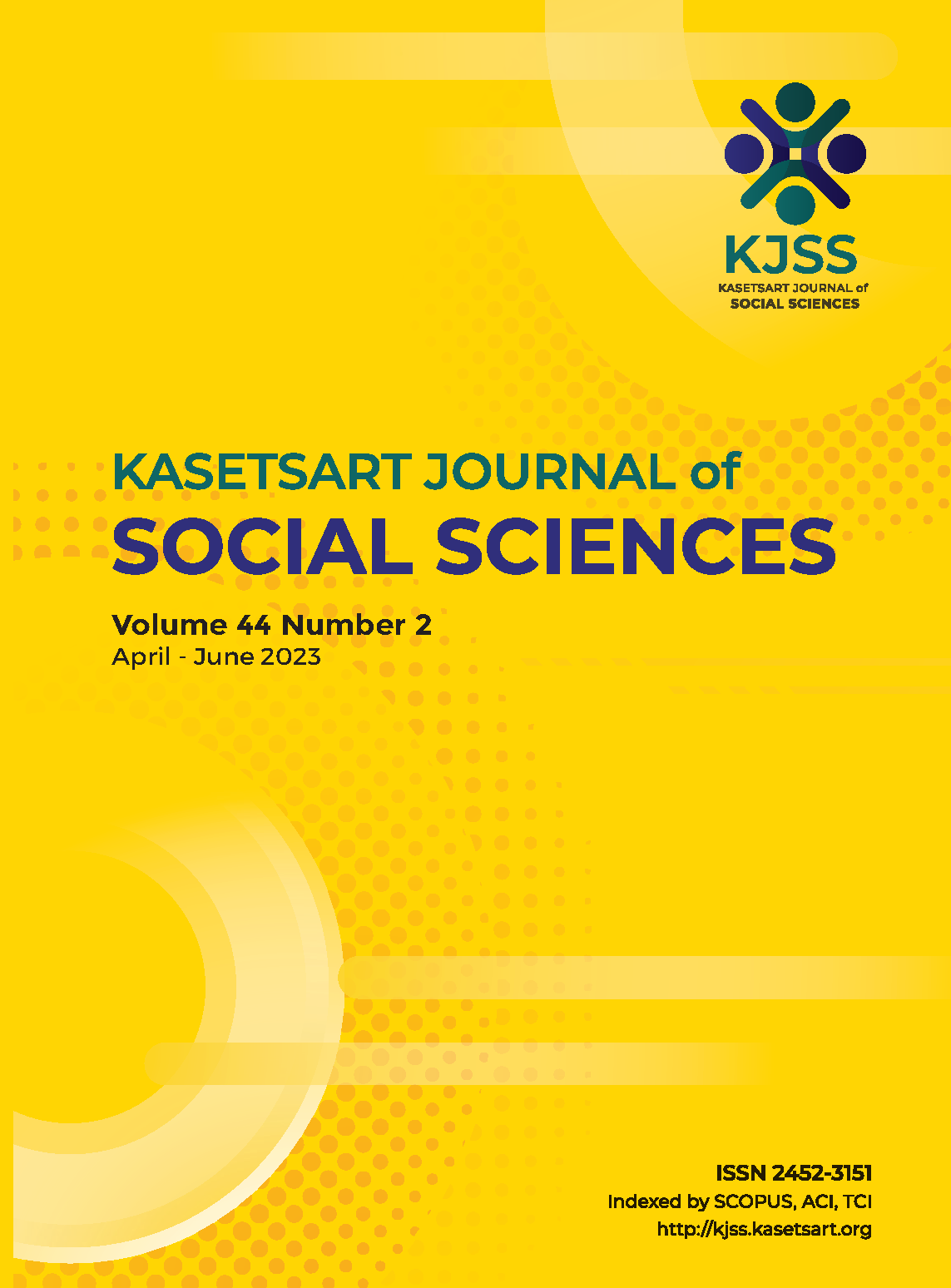Teachers as co-designers in education: A meta-analysis of the influence of co-designed teaching and learning on student outcomes
Keywords:
co-design, co-design methodology, meta-analysis, student outcomeAbstract
Co-design is a potentially effective technique for supporting stakeholders in the development of educational innovations. Even though this approach is becoming increasingly popular in the education sector in Thailand, evidence to illustrate the current state of the co-design process is required. The purpose of this research is to analyze and synthesize educational primary studies that have used the co-design process in relation to educational innovations. Eight experimental and quasiexperimental studies were used to synthesize and examine the influence on student outcomes of conducting learning activities involving designed interventions. The results of the meta-analysis revealed that the learning activities implemented by designed interventions across the studies appeared to have heterogeneous effect sizes. These effects varied depending on the characteristics of the research design. Based on the findings of this study, some recommendations for using the co-design process to improve student outcomes in the Thai educational context are suggested.
Downloads
Published
How to Cite
Issue
Section
License

This work is licensed under a Creative Commons Attribution-NonCommercial-NoDerivatives 4.0 International License.
This is an open access article under the CC BY-NC-ND license http://creativecommons.org/licenses/by-nc-nd/4.0/










